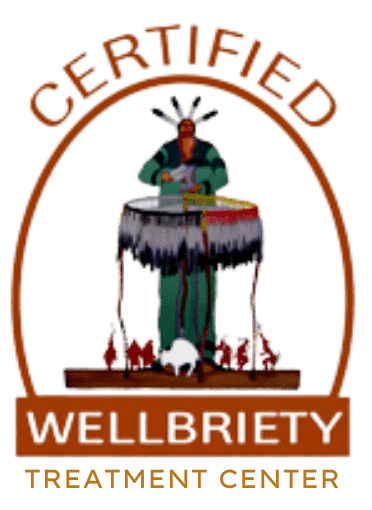Morphine Addiction Treatment
What is Morphine?
Morphine is often considered to be the original opiate painkiller, which dates back as far as 1805. It is commonly used today by doctors for relief of pain from with surgeries, cancers or for ongoing pain management. Morphine absorbs into the body quickly and, like other opiates, changes the way the brain responds to pain. Just like other opiate painkillers, tolerance happens quickly which leads to dependence and eventually, abuse. Unfortunately, morphine is a powerfully addictive narcotic and has become widespread on the streets.
Many doctors are unfortunately poorly trained in the dangers of opioids, or, how to safely monitor and prescribe them. In our overmedicated culture, painkillers tend to be handed out like candy, with little education. When dependence or addiction sets in, most general doctors are not properly equipped to help.
How this Addiction Develops
- They don’t have experience recognizing the signs of morphine dependence
- They don’t realize that their patients are developing morphine tolerance
- They do not properly wean the patient off of morphine and then on to non-narcotic medications or provide relief therapies
- They are over prescribing or giving longer prescriptions than they should
- Have not worked in a residential or intensive outpatient (IOP) substance abuse detoxification and rehabilitation treatment center for at least 1 year
Side Effects of Regular Use
- Cramps
- Constipation
- Drowsiness
- Weight loss
- Constricted pupils
- Fever
- Elevated blood pressure
- Thirst
- Swelling
- Muscle spasms and pain
Morphine Misuse
Morphine is a Schedule II narcotic that is abused orally, snorted, smoked or injected. Morphine, when broken down and processed becomes heroin. Because they are so chemically similar, they share very similar risks when it comes to addiction and withdrawal. Since morphine is the original painkiller, with a long history of use and misuse, it is often the standard when it comes to understanding other opiates.
You can look at it like this:
- Hydrocodone = morphine
- Oxycodone is 1.5 times stronger than morphine
- Fentanyl is 50 to 100 times stronger than morphine
Side Effects of Abuse
- Face swelling
- Finger swelling
- Elevated blood pressure
- Fever
- Impaired Focus
- Difficulty breathing
- Blue nails
- Blue lips
Behaviors
Morphine dependent people compulsively seek morphine or any suitable opioid substitute. Despite the health, legal and social consequences often associated with their addiction. Many times this leads to using street narcotics, or seeking multiple doctors to get as many prescriptions as possible. In some cities, pain management clinics have opened for no reason other than to deal out prescriptions or pills. Typically, these clinics are shut down quickly. If you notice any erratic behaviors, financial difficulties or reduction in health, there is a chance that an opiate addiction is present. Due to the extreme nature of opioid withdrawal, we recommend medically assisted detox from a licensed and professional facility near you, such as Royal Life Centers.
Morphine Detox
Morphine Withdrawal
Many factors will affect the severity and duration of withdrawal, even when you choose to medically detox. Your age, overall health and how much you’ve been abusing will all change one person’s experience from another. Symptoms of withdrawal can start as early as 6 hours after the last dose and persist for 10 days or more (in more serious cases). Symptoms of Withdrawal:- Muscle aches
- Sweating
- Diarrhea
- Vomiting
- Seizures
- Dilated pupils
- Mood swings
- Hallucinations
- Anxiety
- Delusions
Recovery
Once medical detox has been complete, it is important to start regular ongoing treatment and therapy to better understand morphine and drug dependence. In doing so, you will continue to learn coping mechanisms and tactics to prevent relapse. The programs offered at Royal Life Centers helps to promote a lasting, sober lifestyle through sobriety and beyond. Our addiction specialists are dedicated to providing the best case available. Our holistic, evidence-based approach to psychotherapy incorporates individual and group sessions. We use other holistic methods, such as art, music and animal therapy to help our guests to learn to express themselves and communicate. Our treatment features state-of-the-art activity, movement, and adventure therapies to create one program that treats mind, body, and spirit. At Royal Life Centers, we believe that emotional healing is just as important as physical healing.Reach Out
Change your life with one call.
We can help.







